Many of our clients’ traumatic brain injuries are caused by major car and truck accidents, general workplace and construction site injuries, and other painful events. As TBI survivors discover that they have additional injuries like post-traumatic stress disorder (PTSD), some of them begin asking if all their health conditions may make it hard for them to return to work. It now appears that an early, accurate diagnosis of PTSD can prove crucial for many brain injury survivors.
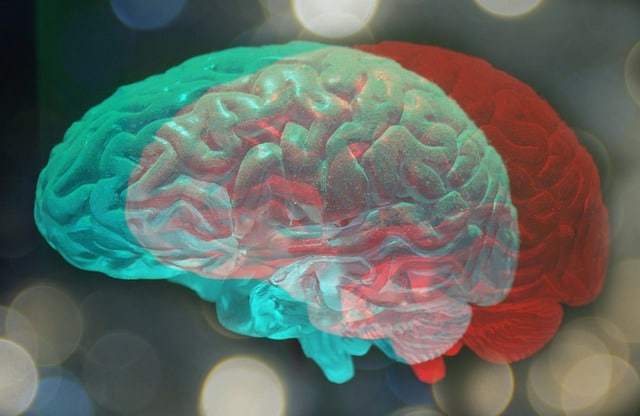 A recent study published in the journal Biological Psychiatry: Cognitive Neuroscience and Neuroimaging indicates that it is important for doctors to immediately check for organic signs of PTSD after each new traumatic brain injury (TBI) or closed head injury. When the proper type of MRI (magnetic resonance imaging) test is run within 90 days of the brain injury, specific organ images can provide strong clues as to which patients have already developed PTSD — or may soon notice its troubling symptoms. Brain injury lawyers who work closely with best in class medical specialists are a vital part of your med-legal team.
A recent study published in the journal Biological Psychiatry: Cognitive Neuroscience and Neuroimaging indicates that it is important for doctors to immediately check for organic signs of PTSD after each new traumatic brain injury (TBI) or closed head injury. When the proper type of MRI (magnetic resonance imaging) test is run within 90 days of the brain injury, specific organ images can provide strong clues as to which patients have already developed PTSD — or may soon notice its troubling symptoms. Brain injury lawyers who work closely with best in class medical specialists are a vital part of your med-legal team.
Just as early intervention can help TBI patients better handle many of their new cognitive (or learning) difficulties, the same holds true for those who develop PTSD. This new brain injury study indicates that brain volume measurements can help provide early biomarkers for PTSD. As one doctor involved in this study has said, new research indicates that there is “considerable overlap [between TBI and PTSD] in risk factors and symptoms.”
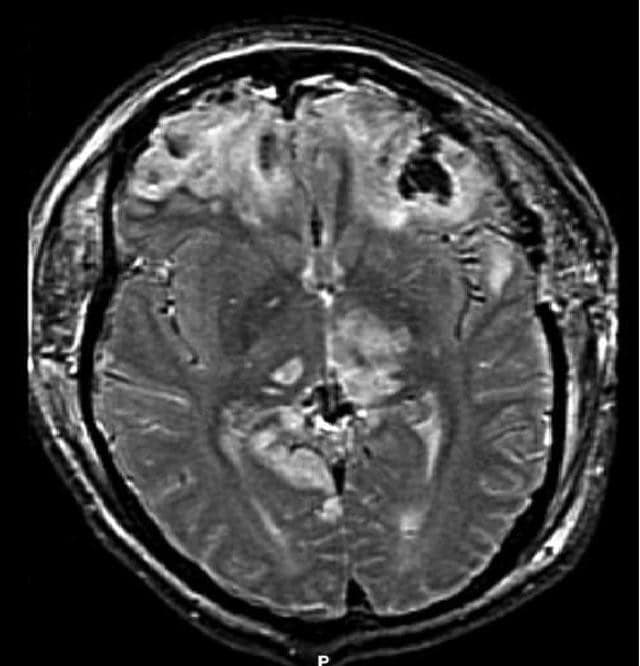 Here is additional information that can help you or a loved one coping with a recent traumatic brain injury learn more about signs of posttraumatic stress disorder, current treatments, and how some well-informed and caring employers will often try to help you return to work.
Here is additional information that can help you or a loved one coping with a recent traumatic brain injury learn more about signs of posttraumatic stress disorder, current treatments, and how some well-informed and caring employers will often try to help you return to work.
What is PTSD?
The Mayo Clinic partially defines PTSD as “a mental health condition affecting a person that is triggered by a terrifying event – either experiencing it or witnessing it.” The clinic then adds that those who have gone through such an experience may soon have to cope with “flashbacks, nightmares, severe anxiety” and uncontrollable thoughts about the event.
Besides the other difficulties you may be experiencing due to your recent traumatic brain injury (TBI), PTSD will also require you to learn new forms of self-care to help you improve your condition. However, hard work done during rehabilitative programs can greatly increase your chances of one day working again.
A brief listing of PTSD symptoms suffered by many TBI patients
- Difficult or even uncontrollable anxiety. This can occur when returning to either the job where your head injury occurred – or simply due to the everyday experience of driving or riding in a vehicle if your PTSD developed after being in a serious truck or car accident.
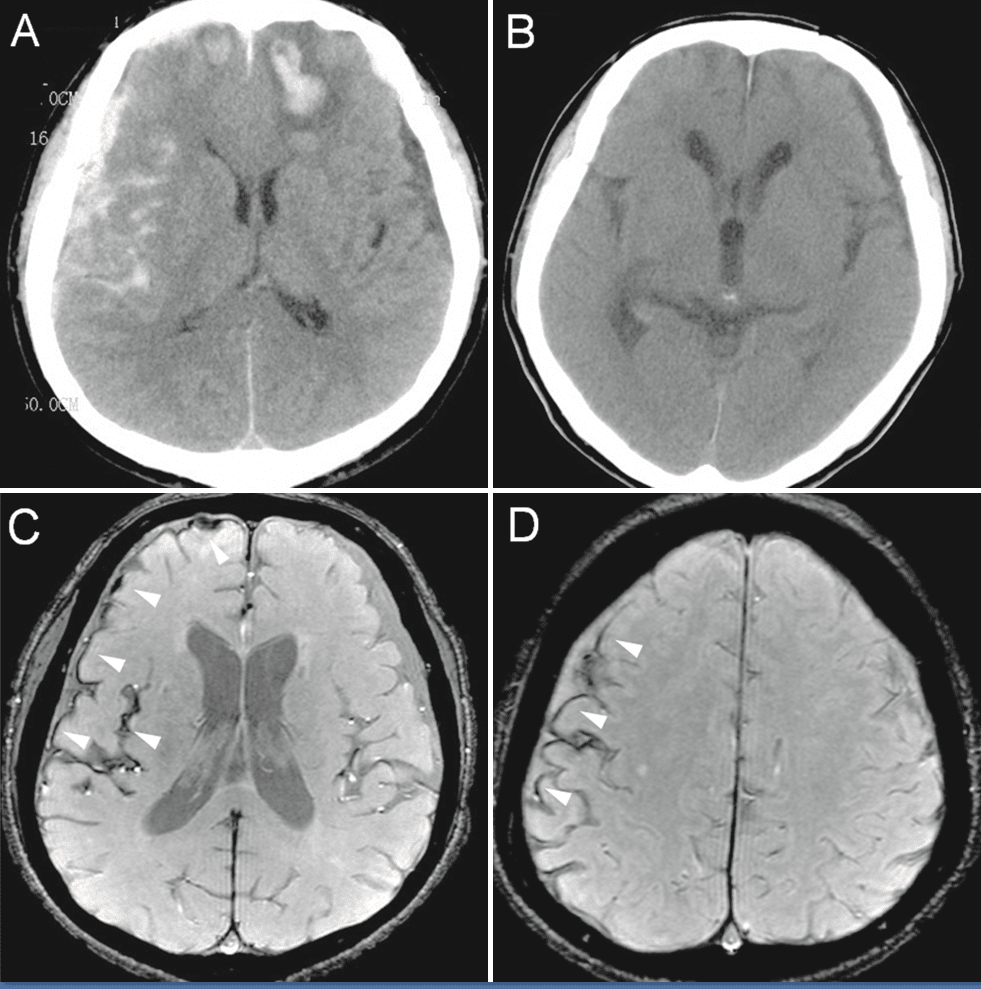
- Unwanted and recurring memories of the traumatic injury event.
- Dreams and nightmares recalling the event that may periodically awaken you from your sleep.
- Flashbacks that cause you to relive the event — even while trying to take part in calming, therapeutic activities designed to help relieve all your symptoms.
- The severe emotional distress that may be coupled with extremely unpleasant, physical reactions to all that remind you of the event that caused your traumatic brain injury.
What types of special problems can PTSD cause for injured workers?
- Major problems with focusing — for extended periods – on all your assigned duties. Memory problems can also be a quite troubling ign of someone suffering traumatic brain injuries.
- Having a strong need to avoid the types of people, places, and activities that even vaguely remind you of the event that caused your traumatic brain injury.
- Depression and other difficult mood problems.
- Irritability and unexpected emotional outbursts at work (or in other stressful situations).
- A devastating sense of guilt or shame after being told you have PTSD — even after learning that it is nothing that you played any role in causing.
- Suicidal thoughts or behaviors. These tendencies, along with severe depression, are the main reason why early intervention is crucial for all (TBI and) PTSD sufferers. Once patients realize that they are not to blame for their condition — and can experience improvements — suicidal tendencies usually lessen.
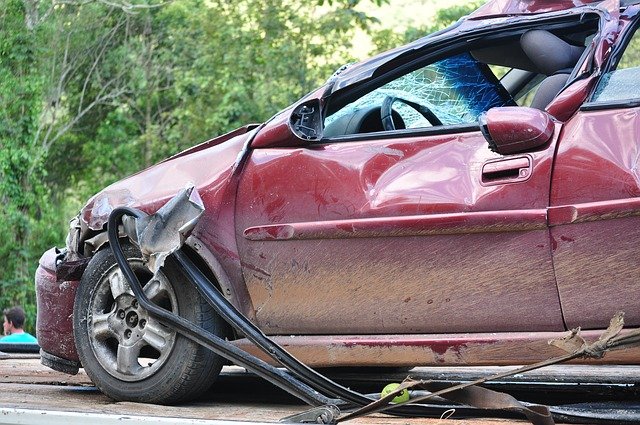 In addition to trying antidepressants and other medications, it is often useful for those who suffer from both traumatic brain injuries and PTSD to undergo short or long-term counseling or therapy.
In addition to trying antidepressants and other medications, it is often useful for those who suffer from both traumatic brain injuries and PTSD to undergo short or long-term counseling or therapy.
While PTSD sufferers can experience great improvement in their symptoms during ongoing treatments – many may decide it is best to search for new, less stressful work after sustaining their severe brain injury.
Added hope provided by the new brain imaging study already referenced above
Since brain injury victims must often undergo many early types of treatments, their doctors may not always realize the importance of running an early MRI to help determine less obvious cases of PTSD (before the symptoms start overwhelming patients). Fortunately, Dr. Murray Stein, one of the doctors who played a key role in this new research, notes that the volume of several brain structures “[are] predictive of PTSD [up to] three months post-injury.”
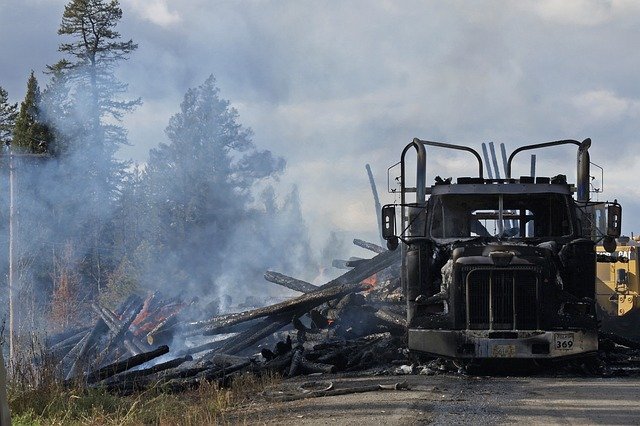 This new research states that “smaller volumes in brain regions called the cingulate cortex, the superior frontal cortex, and the insula” can be predictive of PTSD. Waiting for more than 90 days to run a diagnostic MRI is now no longer thought to be useful for predicting the presence of PTSD in a patient. Additional studies will either help confirm (or possibly refute) this new finding.
This new research states that “smaller volumes in brain regions called the cingulate cortex, the superior frontal cortex, and the insula” can be predictive of PTSD. Waiting for more than 90 days to run a diagnostic MRI is now no longer thought to be useful for predicting the presence of PTSD in a patient. Additional studies will either help confirm (or possibly refute) this new finding.
It should also be noted that the specific brain regions named above are directly associated with a person’s ability to control their emotions, arousal, and attention. Those who ran the study are optimistic that additional research can help find new ways to help those coping with both TBIs and PTSD.
How employers can help you return to work – even when you have a TBI & PTSD
 Open-minded employers always want to welcome back dedicated and hard-working employees after they have undergone treatments for their injuries. In addition, the Americans with Disabilities Act (ADA) can help you as you seek to either regain your former job – or land a new one more in keeping with any new limitations you may have.
Open-minded employers always want to welcome back dedicated and hard-working employees after they have undergone treatments for their injuries. In addition, the Americans with Disabilities Act (ADA) can help you as you seek to either regain your former job – or land a new one more in keeping with any new limitations you may have.
A rehabilitation social worker can often help TBI survivors with PTSD find either part- or full-time employment. The ADA requires most employers to provide “reasonable accommodations” to help disabled people find meaningful work that matches their talents.
Useful work accommodations may include those named in the following list.
- Being provided with a special computer and other equipment to make it easier for the disabled TBI patient to handle his/her tasks. An ergonomic chair and more frequent breaks also assist both TBI and spinal cord injury survivors.
- Shorter work hours — and the ability to work staggered days during the week.
- An ongoing chance to work from home – an option that is now much more acceptable to many employers due to COVID-19. Even after the pandemic ends, you may likely just be one of many employees working from home.
 While some employers may try to discriminate against the disabled – far more have now learned that workers who have survived a TBI (and maybe also have PTSD) are often among their most hard-working employees. After all, those who have greatly suffered physically often consider it a privilege to still be able to work.
While some employers may try to discriminate against the disabled – far more have now learned that workers who have survived a TBI (and maybe also have PTSD) are often among their most hard-working employees. After all, those who have greatly suffered physically often consider it a privilege to still be able to work.
As you complete your rehabilitation program, be sure to ask your doctor and social worker to put you in touch with either local TBI or PTSD support groups — or those that operate online.
Of course, as helpful as many support groups can be – it is often crucial to keep up with some one-on-one talking therapy since it will help you process your feelings and life events. It can often be found on a sliding-scale basis through a local county hospital or a nearby university that has graduate students in training who offer their discounted therapy services to the public.
If you have suffered a traumatic brain injury after an accident caused by someone else’s negligence, please contact the New York City traumatic brain injury attorneys at the F&A Law Firm. We will carefully investigate all the facts of your case, review all your medical records, and then fight hard to win the maximum compensation and damages legally available to you. We want every client to fully recover for all lost wages, pain, and suffering, medical expenses, and obtain full justice.
